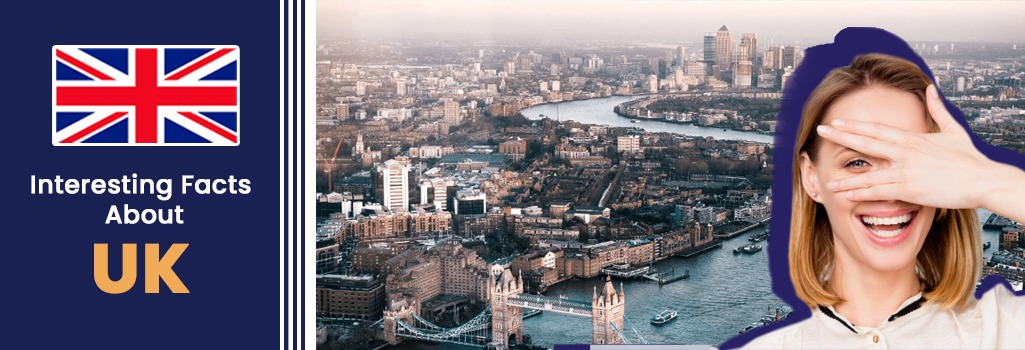
Interesting Facts About UK
1. Brits' Tea Consumption
The stereotype of Britons drinking vast amounts of tea is backed by a striking fact: they consume approximately 100 to 160 million cups of tea daily, totaling around 36 billion cups annually. Unlike many other countries, nearly all tea drinkers in the UK (98%) add milk to their tea.
2. The Origin of Stamps
The concept of postage stamps originated in the UK. In May 1840, the first stamp, known as the ‘Penny Black’, featuring Queen Victoria, was issued. This innovation significantly lowered the cost of sending letters and led to a surge in mail correspondence, including postcards and Christmas cards.
3. The Queen's Unique Travel
Queen Elizabeth II, during her 70-year reign, visited over 100 countries. Remarkably, she did not need a passport for these travels because passports are issued in her name, making her exempt from requiring one.
4. London's Longest-Running Show
London’s West End is home to the world's longest-running show, Agatha Christie’s The Mousetrap, which has been performing at St. Martins Theatre since 1952. Originally a radio play named Three Blind Mice, it centers on seven strangers trapped in a remote house during a snowstorm.
5. The Sport of Cheese Rolling
Cheese rolling is an unusual sport with roots tracing back to the 15th century. Each year at Cooper’s Hill in Gloucestershire, competitors chase a 3.2-kilogram wheel of Double Gloucester cheese down a steep hill. The first person to cross the finish line wins the cheese.
6. Stonehenge's Ancient Legacy
Stonehenge, a renowned prehistoric site, predates the pyramids. The initial henge monument was constructed around 3000 BC, with the stone circle added around 2500 BC. In comparison, the pyramids were built approximately between 2500 and 2400 BC.
7. Europe’s Longest Town Name
The Welsh town of Llanfairpwllgwyngyllgogerychwyrndrobwllllantysiliogogogoch boasts Europe’s longest place name. The shorter version, Llanfairpwll, translates to ‘St. Mary’s Church in the hollow of white hazel, near a rapid whirlpool, and the Church of St. Tysilio near the red cave’.
8. Chicken Tikka Masala: England’s National Dish
While traditional British dishes include roast dinners and fish and chips, Chicken Tikka Masala is considered England’s national dish. This curry, popularized by British-Asian chefs in the 1960s, reflects the UK's historical connections with India.
9. Haggis Import Ban in the US
Scottish haggis, a dish made from sheep’s stomach and various other ingredients, has been banned in the United States since 1971. The ban is due to concerns from the U.S. Department of Agriculture about the safety of consuming sheep’s lungs, which may carry bacteria.
10. Scotland’s National Animal: The Unicorn
Scotland’s national animal is the unicorn, a mythical creature that has symbolized purity and strength since the 12th century. Represented often with a golden chain, the unicorn reflects Scotland’s rich tradition of legends and its historical kings' power.








Your Views Please!